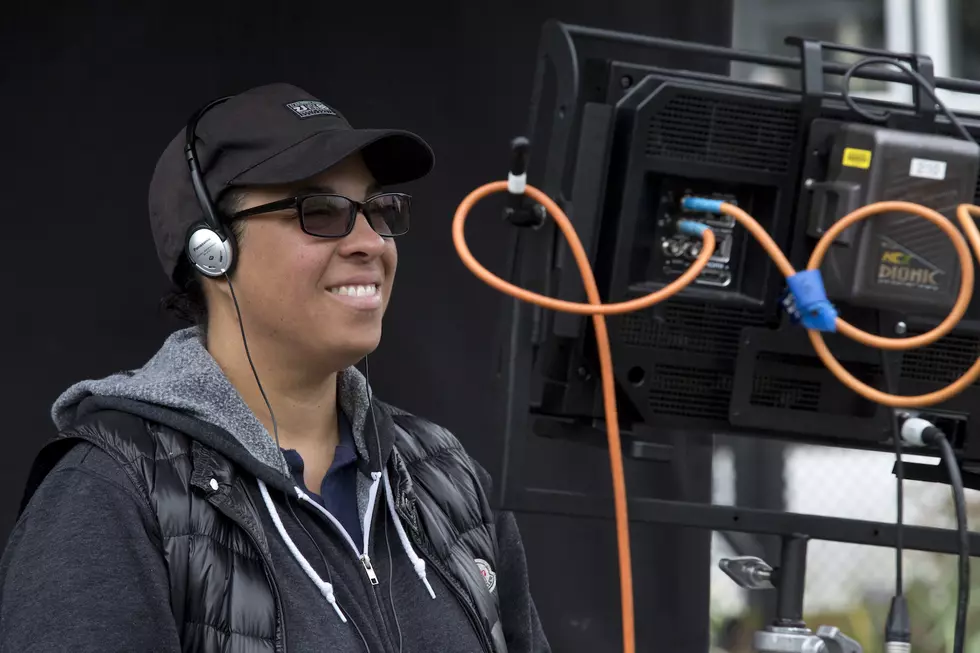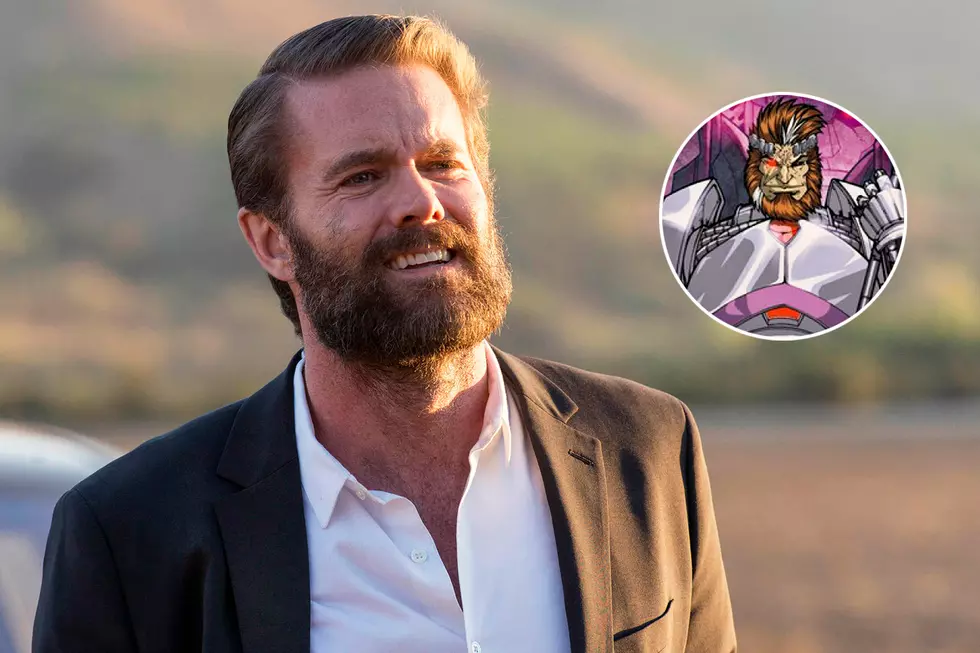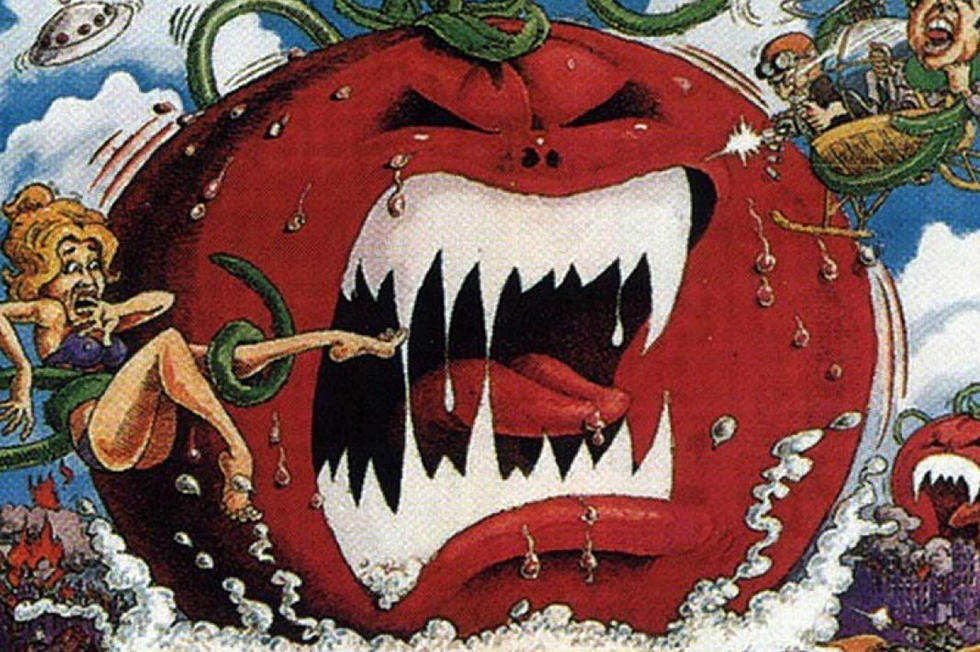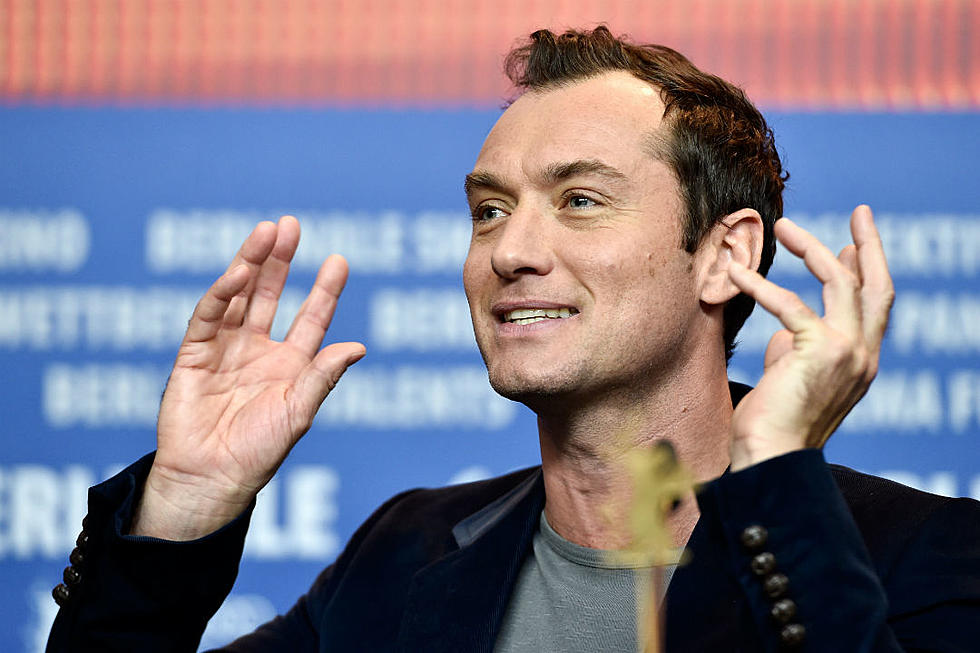
Angela Robinson on ‘Professor Marston’ and the Creation of Wonder Woman
Wonder Woman’s most famous weapon is her Golden Lasso, which compels anyone its tied around to tell the truth. There’s a famous Wonder Woman graphic novel called Spirit of Truth. For a few years, Wonder Woman even became the actual Greek Goddess of Truth. And yet, despite all of that, the truth about Wonder Woman’s creators remained secret for many years.
Most historical accounts of the characters’ origins credit her invention to William Moulton Marston, a former Harvard psychology professor and author who also helped create the modern lie detector. Until recently, though, those accounts left out numerous key details, including the fact that Marston (Luke Evans) spent years in polyamorous relationship with two women — his wife Elizabeth Marston (Rebecca Hall) and a former student Olive Byrne (Bella Heathcote) — or that both of these women made substantial contributions to the Wonder Woman character, costume, and mythos. The new biopic Professor Marston and the Wonder Women tells their shared story.
It was written and directed by Angela Robinson, a prolific filmmaker and lifelong Wonder Woman fan. Several years ago, she stumbled on the Marstons’ unique love story. Her initial reaction, in her words: “I was like 'Whaaaaaaat?’” That was the start of a project that took almost ten years to bring to the screen, and is arriving in theaters later this fall after its premiere this week at the Toronto International Film Festival. At TIFF I got to talk to Robinson about Professor Marston, what she thought of the Wonder Woman movie (and what she thought the Marstons would think of it) and how she approached the movie’s fascinating three-way sex scenes.
How much writing is there about the Marstons’ home life? Was the research into that side of the story difficult?
It’s interesting. There’s been kind of an explosion of interest in Marston in the last three or four years. But I started writing this project about eight years ago when there wasn’t much out there at all. So I had to do a lot of primary research, and I actually [incorporated] this amazing book [Marston] wrote called The Emotions of Normal People.
He mentions it in the movie.
He mention it in the movie, and the first line is “Are you normal?” Which is one of the first lines he says in the movie. I became very interested in his theories on women and sex and gender. I took a really deep dive into his actual writing. He’s written many books. That’s how I found my way through.
What are his books like?
They’re very dense and parts make no sense at all. But then he’ll come out with something really profound. A lot of what drew me to this is first I was a huge Wonder Woman fan, and then I heard this kind of insane story at the core of it. Then I did some more digging and I found this incredible love story at the center. My brain kept getting blown the deeper I went into it. So I became really kind of obsessed with exploring this core love story and how that became reflected in the pages of Wonder Woman. It was fairly overt what Marston put into this beloved worldwide phenomenon character that I never knew about.
I would love to talk about the sex scenes in the movie.
[laughs]
Not to be too pervy.
No no!
Specifically the way they’re shot in terms of lighting, editing, staging, costuming. All of those I thought were very interesting choices, and I would love to hear your thought process behind making those choices.
To me, there were three things. One is that I always feel like movies are scared of sex scenes. So they have the actors and they’re acting, and then everybody stops and shoots the sex scene and then they resume the movie. And there’s this disconnect between the two. And I’m like “There’s a lot of story to be told during when people have sex.” And I’ve worked a lot for the last decade in cable television, on shows like True Blood and The L Word, things where I feel like you have more freedom to explore those ideas. Or at least I did. So I brought back that perspective when I approached this movie.
In terms of the specific choices, there’s a dialectic in the movie between fantasy and reality. So, to me, the sex scenes weren’t about having sex. They were about them discovering this fantastical world that they could create together. When they put on these costumes, and they have this playful space, it was about fantasy.
When I was talking to the actors about this I was like “The lie detector scenes are about sex.”
In a way, they’re even sexier than the sex scenes.
They’re the sex scenes, and the sex scenes are about fantasy and freedom and inspiration and Wonder Woman.
I did notice that the costumes they are wearing in that first sex scene evoke Cheetah, Steve Trevor, and Wonder Woman.
Sure, the toga, and some of the iconography. That’s the literal Wonder Woman level. There’s also this notion of fantasy as freedom, and that the real world is who they’re in conflict with, and whether you can be your truest self and have the freedom to do that.
And the third thing was then to direct the actors through the sex scenes. I’m not that interested in what physical act someone is doing to someone else. I was really obsessed with the notion of consent. To me, the only way it worked is if they were constantly granting each other consent. So you’re really tracking their interactions, and the consent that they’re giving in each moment, and the emotional leaps they’re making with each other. Which is actually way more dramatic and daring than just “These people are f—ing.”
Okay, so I did see those costumes in that sex scene definitely being very reflective of classic Wonder Woman imagery. Are there any other Wonder Woman Easter eggs in the film I might have missed?
Well there’s [Olive’s metal] bracelets.
Sure.
The one I like is the glass plane. [Marston is given a small glass plane as a gift by Olive and Elizabeth.]
The invisible plane. I spotted that one too. Was the plane a bit of artistic license?
Yeah. There was a kind of engagement with aviation; that was a big fad at the time. So I had them go out to different tarmacs and things like that. But that was a kind of whimsy on my part.
Is it hard to make a movie about Wonder Woman, say the words “Wonder Woman,” and show actual Wonder Woman comic-book art onscreen? Is it a big legal battle?
It was a very long and involved process. It was almost a … I just became obsessed with this story, and a lot of times when I was writing it I was like “Why am I writing this? Nobody’s ever going to be able to actually watch it onscreen.” I had that conversation with myself many times. But I just felt compelled to finish it and try. But it turns out that, yes, you can do everything I do in my film.
As a Wonder Woman fan, what did you think of the Wonder Woman movie?
I loved it! I thought Patty Jenkins just f—king killed it. It was really gratifying to see. It’s no simple task capturing that story, and I found it really emotional to watch.
I’ve talked to a bunch of women — young, old, whatever — and a lot of people have said it was very emotional, or I found myself crying watching it. It was this incredibly bittersweet feeling, because there was so much joy in seeing Wonder Woman come to life you didn’t even realize that you had never seen it before. And then it was incredibly sad that you’ve never seen it before, simultaneously. It was so completely clear how absent women are anywhere near the notion of this type of heroism and strength, and even just pure minutes onscreen. So I’m thrilled by its success.
Did you think at all about what the Marstons would have thought about the movie?
Oh yeah. They would have loved the movie. I think they would have really loved it.
Professor Marston and the Wonder Women opens in theaters on October 13.
More From Mix 97.9 FM










